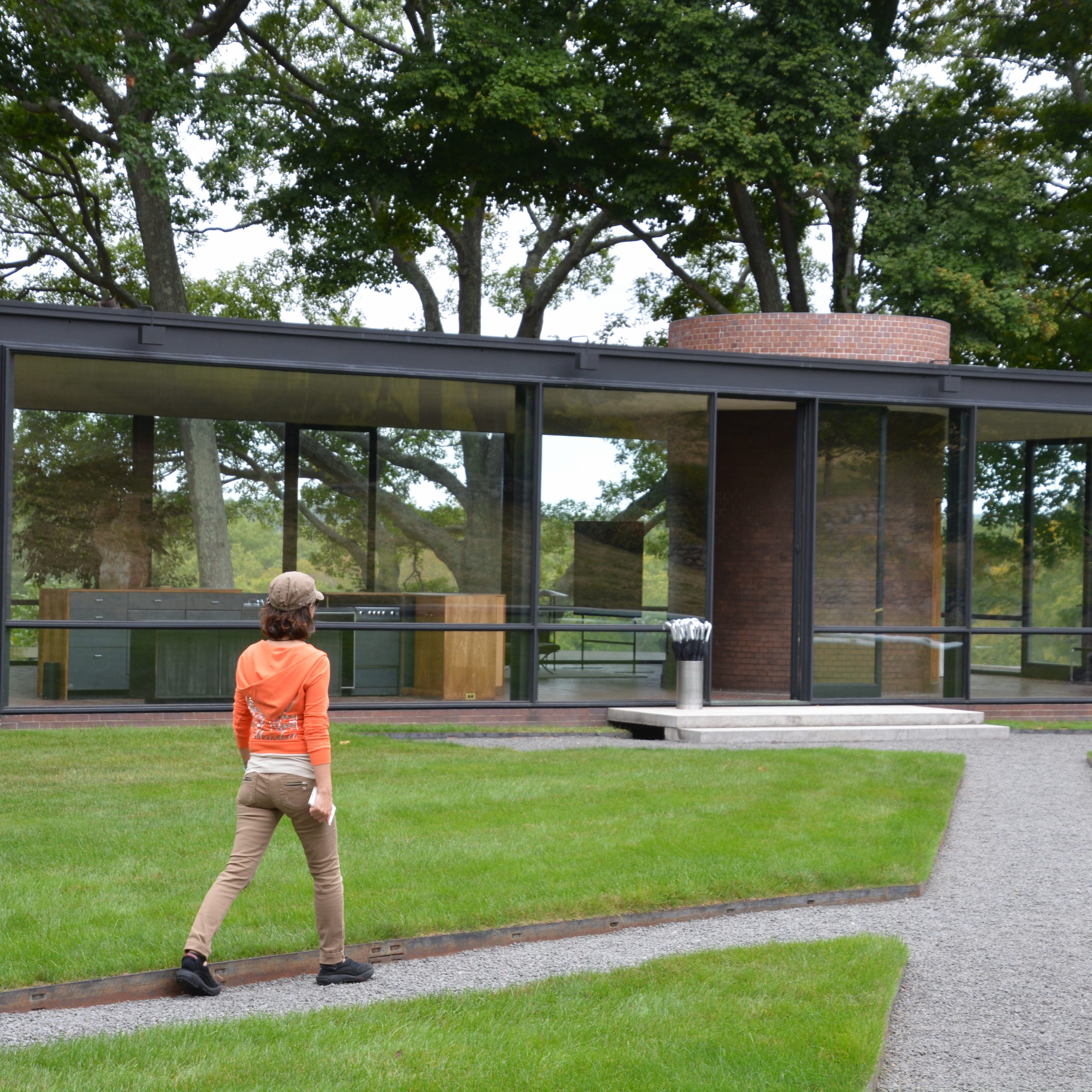As COVID relinquishes its hold over Nassau County, yet another controversy emerges about whether to work from home or office. Many Long Islanders are now vaccinated and so our fears of contracting COVID may have diminished, but nonetheless returning to the old model of working in the office is somewhat passé. The desire to work from home vs. office is multi-determined based upon length of commute, the workplace social dynamics, your job function, the size of one’s home, one’s social anxiety and one’s sex. Space is limited, so let us analyze this from a feminist perspective.
What would the multi-faceted French writer Simone de Beauvoir advise? She was the world’s first great feminist and wrote “The Second Sex” in 1949. It has since been translated into 40 languages. This 766-page treatise is considered to be the foundation of modern feminism and puts de Beauvoir’s massive intellect on display. She offers a scathing attack on both ancient and modern history, which has consigned women to a largely secondary role in culture, entrapped by “the horrors of feminine fertility” and limited to doing domestic work. She felt that outside of the nation of ancient Sparta, where women were seen as equals, all countries have assigned women the secondary tasks and describes the function of housework as “holding away death but also refusing life.”
Simone de Beauvoir studied mathematics and philosophy at the Sorbonne, where she met Jean Paul Sartre, who was a fellow student. She graduated with the highest honors and was Jean Paul Sartre’s lover for his entire life. In fact, many scholars refer to her as the actual founder of existentialism rather than Sartre. It is clear that de Beauvoir was a genius of the highest order and someone who had deep influences over the thinking of Betty Freidan, Kate Millett and Germaine Greer, the three leaders of modernday feminism.
It is relatively easy to predict what Simone de Beauvoir would have to say about women staying home vs. going back to the office. She might say that given the thankless role that women have been assigned, it would be wise to flee from the home and return to work where at the very least one would not be shackled with the ever present guilt induced by the endless and never ending demands of housework and motherhood. As my mother would often repeat, “A man does work from sun to sun., but a woman’s work is never done.”
But since de Beauvoir is not around we could rely on the existentialists themselves to gather advice on this matter. There are many who have grappled with the problems and the purpose of human existence in a godless universe, including Sartre, Camus, Dostoevsky, Beckett and more recently film directors such as Kubrick and the Coen brothers. The essential message of existentialism is that since we are probably only going around once, it is best to live life to the fullest.
And so if you are a woman (or a man for that matter) you had best put yourself in an environment that allows for the fullest expression of yourself and your talent. If you truly love to cook, clean and tend to children, you might want to spend more time in your domicile. But if you enjoy more cerebral, financially profitable and socially engaging activities such as deal making, business transactions, politics and what not, then you ought to spend more time in the office rather that spending time at home with all that conflict around Zoom calls vs. child care.
These are odd times we live in. Questions of where to work, should I wear a mask, can I get away with wearing pajamas all day and exactly how far is six feet apart are presented to us in a bewildering fashion.
But I think the more basic questions will be with us well into the future when COVID is nothing but a nasty memory. Questions like does a woman have to hide her talent and power just because she happens to be a woman? Hillary Clinton and Kamala Harris are good role models and Snow White is not.
In the Disney classic “Snow White and the Seven Dwarfs,” we have a nice enough young woman who must cope with an array of adversaries, including a murderous and envious stepmother, an old hag with a poison apple and seven dirty little men. By the end of that story, a handsome prince kisses Snow White and takes her back to his castle. Simone de Beauvoir would have ended this tale differently by having Snow White make a deal with the seven dwarfs.
She would demand payment in diamonds for all the housework she has been doing for them, would then sell the diamonds for cash and invest the profit in land in the forest and make a killing in real estate. And then, as the saying goes, she lived happily ever after and dated the handsome prince from time to time. Now that seems to be a happier ending. Don’t you think?



